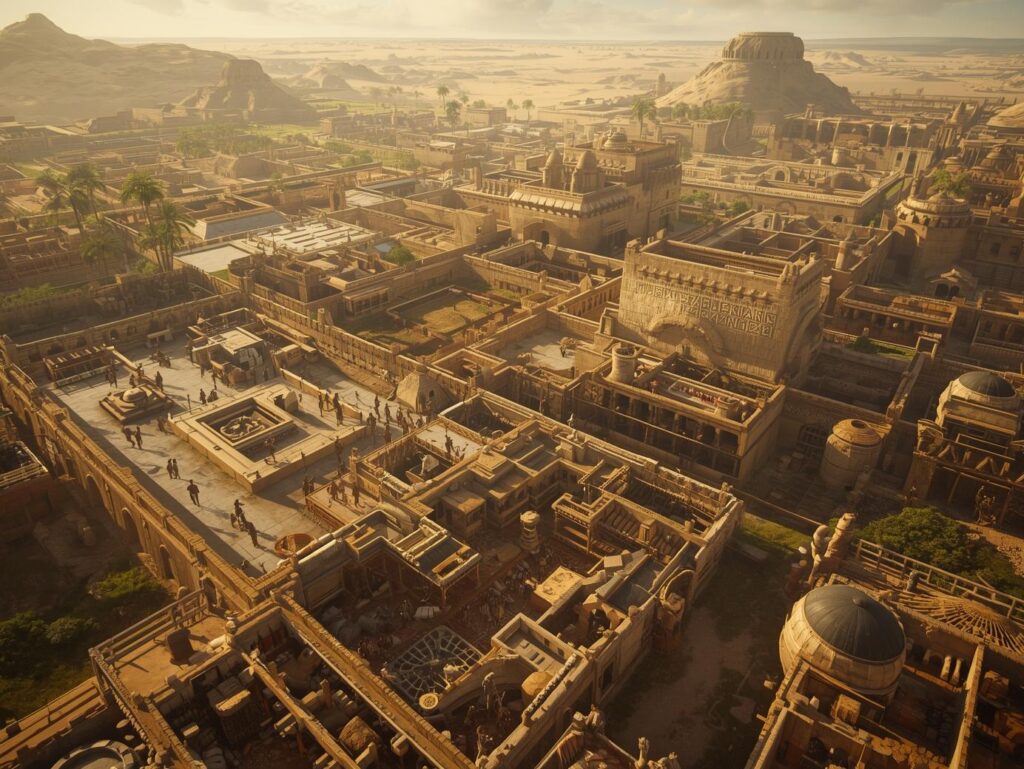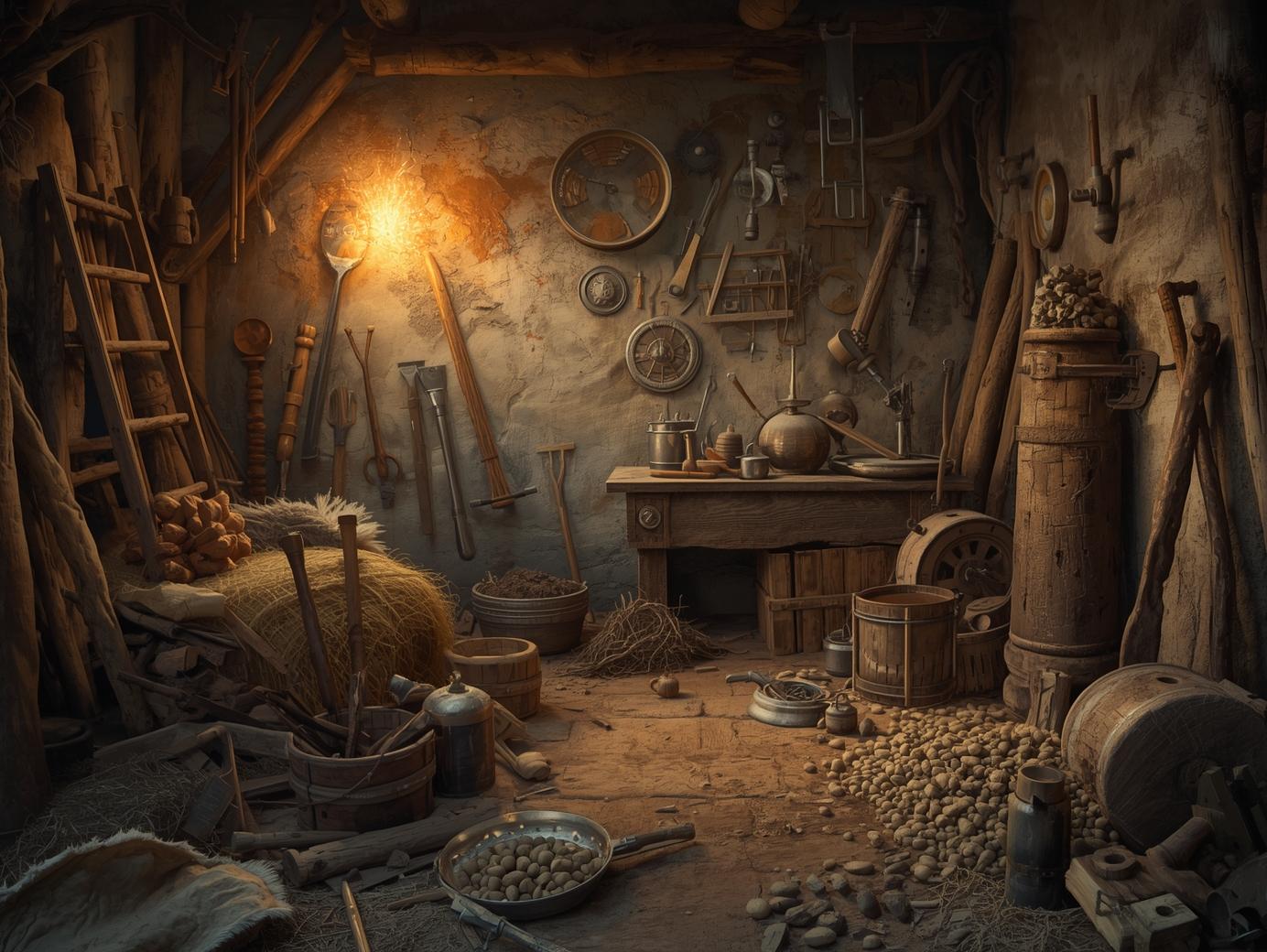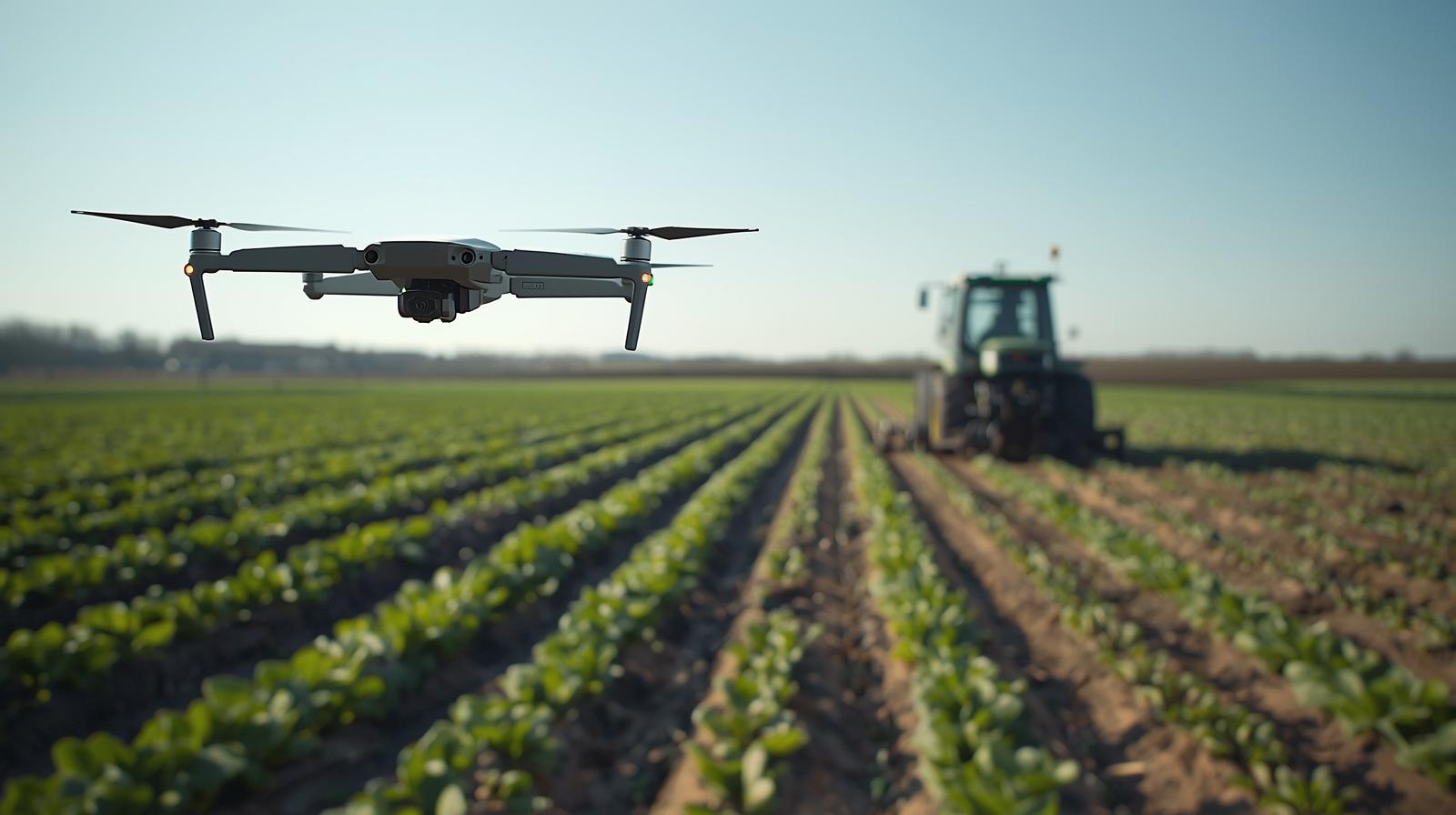Technology has been the driving force behind human progress since the dawn of time. Long before smartphones, computers, and artificial intelligence, early humans created simple tools that transformed their lives and laid the foundation for modern civilization. The story of technology is not just about inventions; it is about the human spirit of innovation, creativity, and the constant search for solutions to life’s challenges.
The Origins of Technology
The beginning of technology dates back to the earliest stages of human history. When early humans discovered how to use stones as tools, they unlocked a new era of survival and advancement. Sharpened stones became cutting instruments, wooden spears turned into hunting tools, and fire became a means of protection and cooking. These small innovations marked the start of a technological journey that continues to evolve today.
Archaeological evidence shows that humans began crafting tools over two million years ago during the Paleolithic Age. The use of fire, the development of basic shelters, and the creation of clothing were monumental achievements that improved life and ensured survival. These early forms of technology demonstrate humanity’s ability to adapt and overcome nature’s challenges.
Ancient Civilizations and the Growth of Technology

As societies formed and grew, so did the complexity of their technologies. Ancient civilizations such as Mesopotamia, Egypt, China, and the Indus Valley used engineering and innovation to build structures, create writing systems, and develop irrigation for agriculture. The invention of the wheel, believed to have originated around 3500 BCE, revolutionized transportation and trade.
The Egyptians used advanced engineering to construct pyramids that still stand as marvels of precision and design. In ancient China, inventors developed the compass, papermaking, and gunpowder—technologies that changed the course of human history. Meanwhile, Greek and Roman engineers introduced innovations in architecture, mathematics, and mechanics that continue to influence modern engineering and science.
The Technological Advances of the Middle Ages
During the Middle Ages, technology continued to progress, often driven by necessity. Water wheels and windmills transformed energy use, while advancements in metalworking and agriculture supported population growth. The invention of the printing press by Johannes Gutenberg in the 15th century marked a major milestone. For the first time, knowledge could be shared widely, setting the stage for an era of scientific discovery and innovation.
This period also saw the development of navigation technologies, such as the astrolabe and more accurate maps, which helped explorers travel farther and connect distant parts of the world. These breakthroughs laid the foundation for global trade, communication, and cultural exchange.
The Industrial Revolution: A Turning Point
The 18th and 19th centuries marked a dramatic transformation in human history—the Industrial Revolution. This era shifted economies from agriculture to industry, powered by technological innovation. Steam engines, textile machinery, and new manufacturing techniques led to mass production and urbanization.
Invention after invention changed how people lived and worked. The telegraph and telephone revolutionized communication, while railways and steamships connected continents. Later, the discovery of electricity opened the door to new technologies, including electric lighting, motors, and eventually, electronic communication.
The Rise of Modern Technology
The 20th century witnessed an explosion of technological progress. The invention of the computer, followed by the internet, reshaped every aspect of human life. Machines that once filled entire rooms were replaced by personal computers, and eventually, powerful handheld devices.
Innovations in transportation, medicine, and communication made the world more connected and efficient. Airplanes made global travel possible, medical technology increased life expectancy, and digital communication transformed how people interact.
The late 20th and early 21st centuries introduced a new wave of technological revolutions—artificial intelligence, robotics, biotechnology, and renewable energy. These advancements continue to redefine industries, economies, and the way people live and work.
The Role of Technology in Modern Society
Today, technology influences every part of daily life. It drives innovation in education, healthcare, transportation, and business. In the digital age, information is accessible instantly, and technology continues to bridge the gap between people and knowledge.

From smartphones to space exploration, technology embodies humanity’s endless desire to improve and evolve. It also raises important questions about ethics, sustainability, and the future of human interaction. As society advances, the balance between innovation and responsibility becomes increasingly vital.
The Future of Technology
The beginning of technology was simple, but its evolution has been extraordinary. The next chapter of this journey lies in emerging fields like artificial intelligence, quantum computing, renewable energy, and biotechnology. These innovations hold the potential to solve global challenges—from climate change to disease prevention—and shape a more sustainable and interconnected future.
What began with stone tools and fire has become a world driven by algorithms and digital intelligence. Yet, the essence of technology remains the same: the human desire to create, adapt, and improve life.



